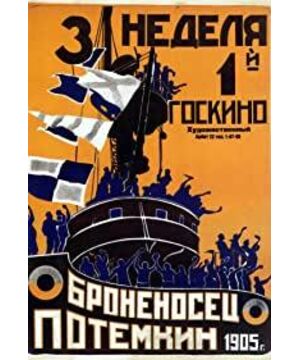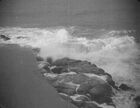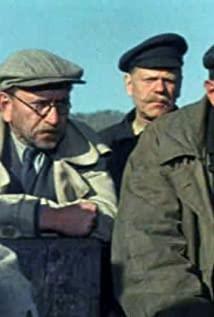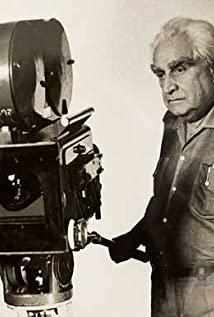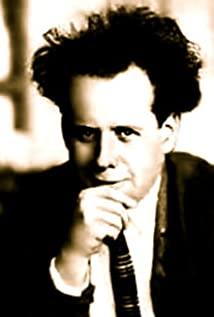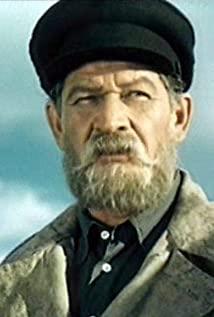notes
Battleship Potemkin working class uprising against oppression
Chapter 1 Man and Insect
Chapter 2 Deck Situation
Chapter 3 Cry of the Dead
Chapter 4 Odessa Stairs
The past and present of montage
Merriere Edwin Bouter EMI (Farewell) Griffith (Last Minute Rescue) Kurishov Eisen Stampdovkin
A single shot doesn't make sense Multiple shots are sequenced with different meanings - montage
montage technique symbol metaphor contrast juxtaposition
The objective representation of reality VS rational montage by Andre Bazin during the French New Wave
Cinematic Art vs Commercial Films
trick montage
1995 "Schindler's List" three lines about multiple montage parallel cross montage
"Memoirs of a Geisha" Strings Pieces One by One with Results
The creation of point-to-point suspense in "Escape from Tehran" and the simultaneous development of two lines in different places
"Dunkirk" Different Time, Different Place
Spielberg's "Purple" Montage
after watching
Let the parallel lines have a story
——The wonderful world of montage
"Two parallel lines never intersect." This is a familiar phrase, and in the flat, two-dimensional world, it is considered truth. But in the three-dimensional world, more conditions are needed to define. In the film world, there is a technique that directly breaks the laws of this geometry, and that is the montage editing technique.
This week's classic film appreciation course, Ms. Zhou Xinxia, started from the origin of montage techniques - an accident, through the classic film "Battleship Potemkin", as well as "Schindler's List", "Memoirs of a Geisha" and "Escape from Tehran" The classic clips of the three films using the montage technique are explained in a specific and vivid all-round way.
When I was a freshman, I took a course called Fundamentals of Film Aesthetics. Among them, Mr. Zhao Bin mentioned that the way of narrative is very important for films. Today's montage course reminded me of the content of that aesthetics class. . Montage is a storytelling technique agreed upon between the director and the editor. Through montage, we can use objects such as waves and babies (cars) in "Battleship Potemkin" to metaphorize the revolutionary wave that overthrew the tsar's brutal rule at that time and the fate of revolutionaries; it can be compared in "Schindler's List" The different humanity in the battle between Nazis and Jews; the growth process of the geisha played by Zhang Ziyi can be connected in Memoirs of a Geisha; it can also create point-to-point suspense in "Escape from Tehran" and "Dunkirk", creating a sense of tension and excitement ...montage is already a technical means of storytelling for directors and editors. This method is to combine and interweave parallel time and space, or several events under interlaced time and space through parallel, cross, symbol, contrast, juxtaposition and other methods, so that several original single story lines intersect in one film. Among them, there are more plot peaks in the narrative, giving the audience more space for association and imagination. This is why commercial films are "commercial".
A very important task for commercial films is to have a certain box office guarantee. Where does the box office come from? From the moviegoers up one by one. When there are more people watching the movie, and when people go into the cinema to watch the movie repeatedly, the box office will naturally be guaranteed. How to attract people? In addition to the "burning money every frame" special effects that give a strong visual impact, good storytelling is also a factor. The method of montage just provides the possibility of a narrative, making the narrative like a Rubik’s cube, changing the sequence of the shots slightly, adding a new way of narrative, adding luster to commercial films.
An accident created a film editing technique - the birth of montage, which, in the dark, made stories between parallel story lines, and the artistry of the film was also enhanced.
View more about Battleship Potemkin reviews


